Police teargas Venezuelan protesters at Colombia border amid aid row
Venezuelan police have fired tear gas canisters on raging crowds of anti-government protesters who wanted to cross the border into Colombia for work, amid opposition leader Juan Guaido's vow that humanitarian aid would enter the crisis-hit South American country in open defiance of President Nicolas Maduro.
Venezuelan National Guard riot police also shot rubber bullets on Saturday morning in an attempt to disperse dozens of workers who demanded to cross the Urena border footbridge in the western state of Tachira near the border with Colombia.
“We want to work!” the angry workers chanted while facing the police, in full gear, who were blocking the crossing.
Furthermore, anti-Maduro demonstrators set up barricades and burned tires in the Venezuelan border town of Urena.
The country has been in political turmoil over the past weeks. The opposition has been holding widespread anti-government protests, blaming Maduro for an ailing economy, hyperinflation, power cuts, and shortages of basic items, and urging him to resign while branding his re-election in last year’s vote as a sham.

Thirty-five-year-old Guaido, who is also the head of Venezuela’s defunct National Assembly, further plunged the country into political chaos on January 23, when he proclaimed himself as the “interim president” of Venezuela, a bizarre move that drew US President Donald Trump’s immediate support and prompted the White House to call on other countries to follow suit in recognizing Guaido as such.
The US-backed opposition figure has also planned to bring in foreign humanitarian aid, including those from the US through the Colombian border, from neighboring countries by land and sea to allegedly alleviate an economic crisis.
However, Maduro has said the real incentive behind Guaido’s “relief” effort is to undermine his government in a Washington-orchestrated bid to oust him, stressing that Caracas would not allow the entry of the so-called aid to Venezuela, which has the world’s largest proven oil reserves.
The whole border of Tachira with Colombia was closed hours after Guaido defied a travel ban to attend an “Aid Live Concert,” organized by British billionaire Richard Branson, in the border town of Cucuta to allegedly raise money for the so-called Venezuelan relief effort on Friday.
“Due to the serious and illegal threats attempted by the Government of Colombia against peace and sovereignty in Venezuela, (the Venezuelan government) has taken the decision of a total, temporary closure of all bridges that unite both countries in Tachira,” tweeted Venezuelan Vice President Delcy Rodriguez on Friday.
Separately on Saturday, four members of the Venezuelan National Guard deserted their posts, according to Colombia's migration agency. The soldiers have reportedly asked for help from the agency.
Guaido claims the Venezuelan military, whose high command has time and again declared absolute loyalty to Maduro, “participated in this process” to get him into neighboring Colombia. He also said on Saturday that “the whole of Venezuela will be in the streets demanding the entry of the humanitarian aid.”
The so-called foreign humanitarian aid has now become the key focus of the standoff between Maduro and Guaido.
On Friday, at least two people were killed and 15 others wounded during a time of tension between protesters and government troops, who had blocked an entry point on the Brazilian border, a day after Maduro also ordered the full closure of his country’s border with that of Brazil in a bid to prevent the ant-government opposition from crossing into the country.
On February 19, Venezuelan Defense Minister Vladimir Padrino Lopez said it was unacceptable for the military to receive threats from Trump, stressing that officers and troopers remained “obedient and subordinate” to Maduro, who “has ordered to prevent any violations of our territory’s integrity.”
Referring to Guaido, Padrino also said, “Those who attempt to be president here in Venezuela ... will have to pass over our dead bodies.”
Trump reiterated a day earlier that his administration stood behind Guaido and called on the military to allow humanitarian aid into the country.
Maduro was quick in responding to the US president’s comments, saying what Washington and the Venezuelan opposition call a humanitarian crisis “is nothing but a cover-up for military plans of the Trump government.”

Guaido has strongly urged the armed forces to wash their hands of Maduro, promising them future amnesty, though only a few high-ranking military officials have so far disavowed the incumbent president.
Canada, a number of right-leaning Latin American countries and several EU member states have already recognized Guaido.
However, other countries, including Russia, China, Turkey, and Iran, have expressed support for the elected government in Venezuela and condemned any foreign interference in the sanctions-hit country.

First aid shipment entered Venezuela: Guaido
“The humanitarian aid is definitely on its way to Venezuela, in a peaceful manner, to save lives right now,” Guaido said in a joint news conference with three Latin American presidents, including Colombia's Ivan Duque, in the Colombian border city of Cucuta.
Later, he also briefly boarded one of a dozen trucks carrying US-backed humanitarian aid toward Venezuela's borders, which are witnessing clashes between riot police and anti-government protesters and activists.
Separately, Guaido tweeted that a first shipment of the so-called humanitarian aid had entered Venezuela through its border with Brazil, defying a blockade by Maduro.
“Attention Venezuela: We officially announce that the first shipment of humanitarian aid has now entered our border with Brazil. This is a great achievement, Venezuela!” he said.
Maduro has repeatedly accused the Trump administration of pushing for a coup d’état in Caracas.
The US has a long record of sponsoring “regime change” campaigns in Venezuela and other countries. In 2002, former Venezuelan President Hugo Chavez was ousted for two days in a US-backed coup that was ultimately defeated.
Russia says will intensify strikes on Western weapons storage in Ukraine
‘200 days of livestreamed genocide’: Netizens react as Gaza war marks 200 days
Confirmed: Iran’s star striker Mehdi Taremi joining Italian champions Inter Milan
Google fires more employees over anti-Israel protests
Iran set to build more nuclear power plants: AEOI chief
'Iran’s True Promise ushers in new era for region; strategic implications felt across globe'
VIDEO | Arrest and harassment: US intensifies crackdown on pro-Gaza protests in universities
VIDEO | Press TV's news headlines




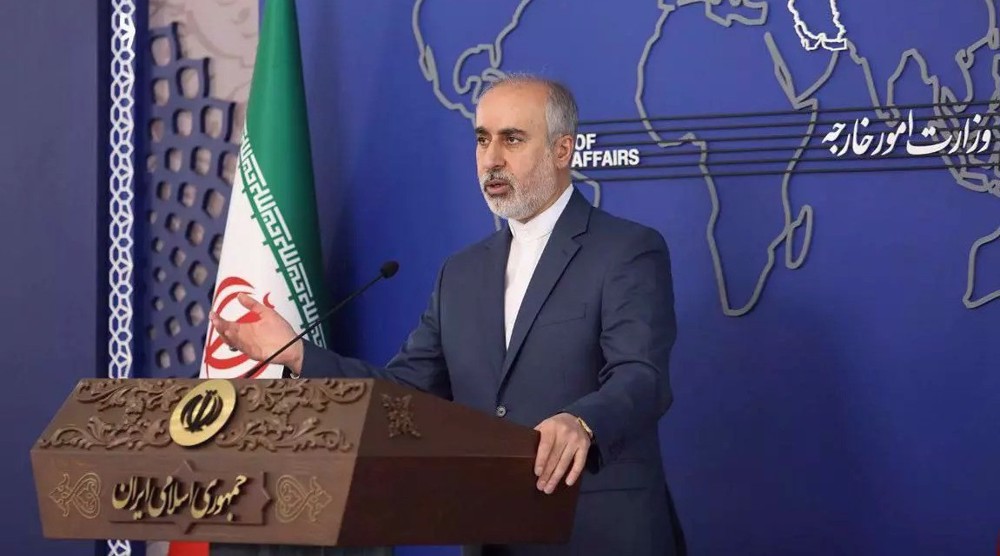
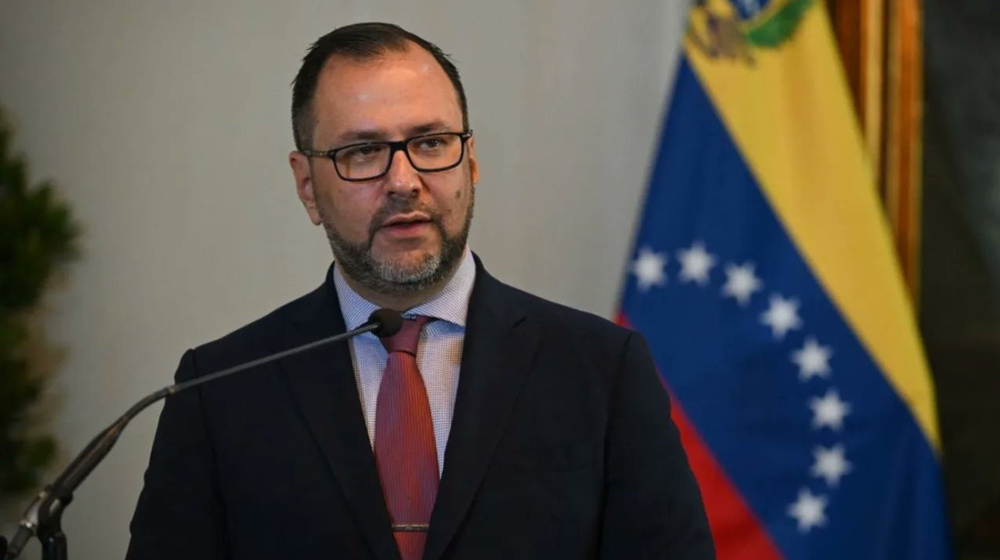
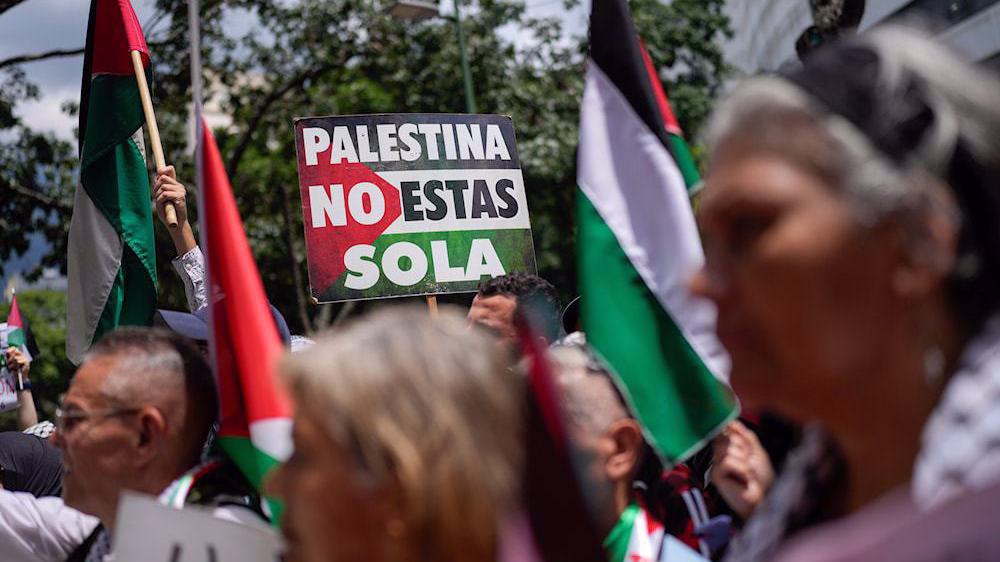



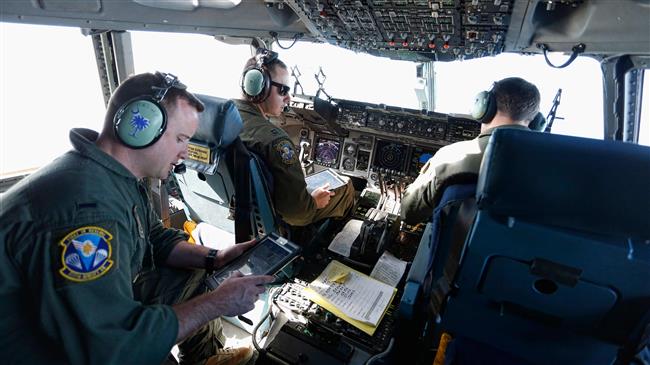
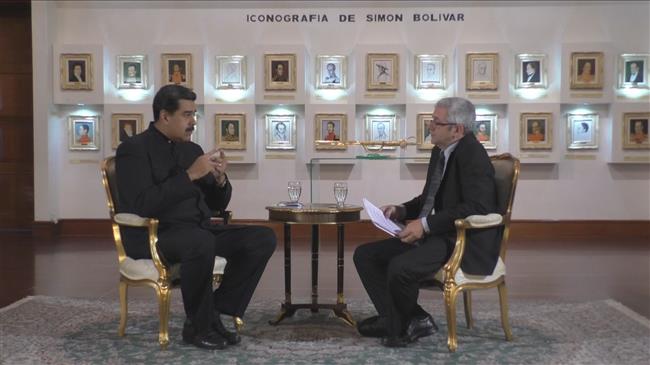

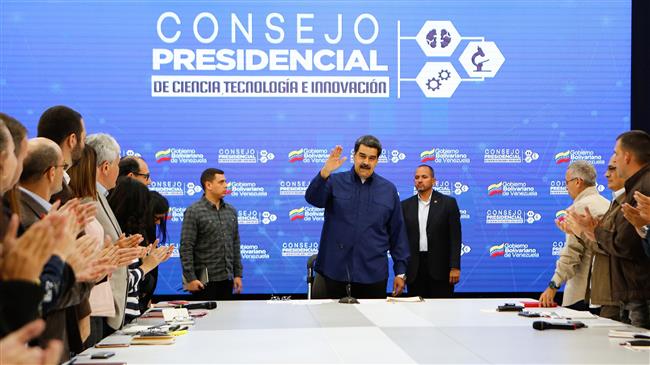

 This makes it easy to access the Press TV website
This makes it easy to access the Press TV website